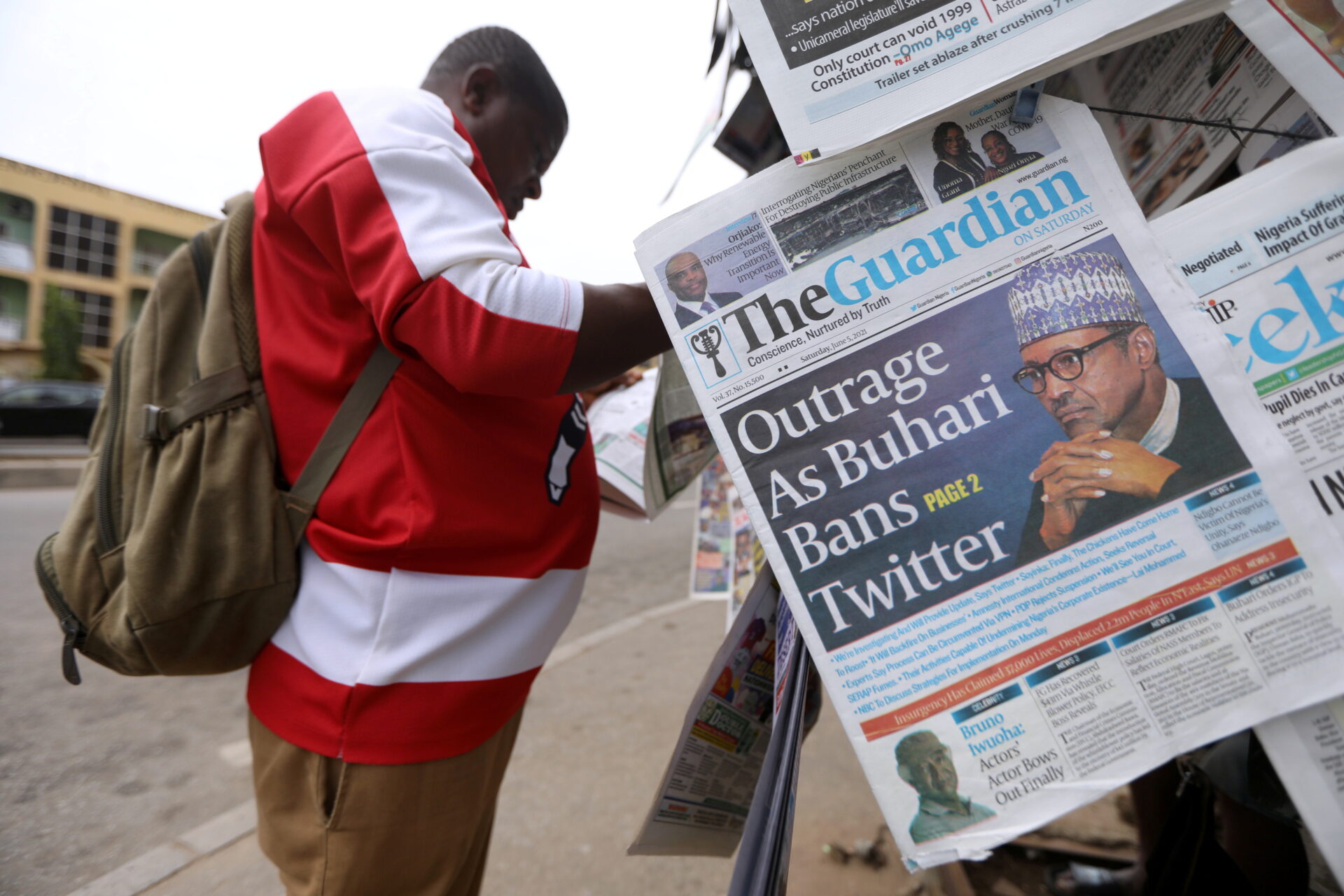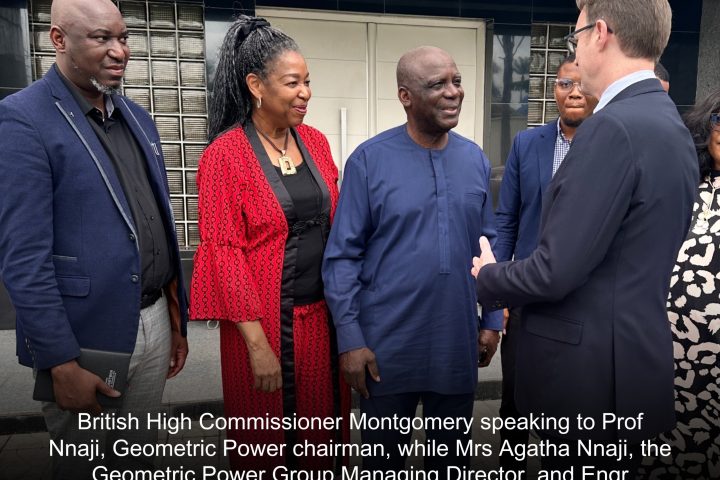Nigeria’s data advisory and analytics firm Stears Data, has said that more judicial and regulatory oversight is needed to sufficiently protect free speech online and personal data, especially when government institutions are responsible for breaches.
The report calling for better online free speech laws, data privacy regulations, and stakeholder coordination for greater impact come at the end of a 6-month study undertaken by Stears Data, with support from Luminate, a global philanthropic organisation focused on empowering people and institutions to work together to build just and fair societies.
Join our WhatsApp ChannelCommenting on the report, Abdul Abdulrahim, COO of Stears said, “Recent events such as the Twitter ban highlight the importance of a strong data and digital rights community. We’ve seen a growth in advocacy by civil society, but this needs to be supported by a progressive judiciary to effectively protect free speech online and data privacy.”
The report provides insight into key issues in data and digital rights; effective approaches to addressing those issues; and opportunities for impact, with input from representatives in the public and private sectors, civil society, and media.
There were key highlights in the report where it was found that on Data Protection, “there is insufficient judicial and regulatory oversight available to sufficiently protect personal data…” as provisions in the telecommunication and cybercrime legislation can be exploited for surveillance purposes by government departments.
Also on Open Data, the report highlights that “the Freedom of Information Act… merely imposes a duty to react to requests, and a deeper cultural shift is needed towards proactive disclosure.” This, the report says comes from a long history of secrecy, entrenched in law by the Official Secrets Act.
On Freedom of Speech and Expression, the report notes that government actors tend to lean on the side of censorship with attempts to introduce bills that give authorities the power to shut down the internet, limit access to social media, and make criticising the government punishable with penalties that include imprisonment.
Commenting on the report as well, Co-Founder of the Digital Rights Lawyers Initiative, Olumide Babalola said, “Digital rights and data protection law and practice are in their infancy in Nigeria. The laws are not comprehensive enough to cater to its nuances, judicial precedents are non-existent or scanty, professionals are few and not adequately equipped. However, all hope is not lost as enthusiasts and stakeholders continue to widen the space on a mission to put Nigeria on the world map in the digital rights field.”
The report concludes that advocacy, strategic litigation and public education are important drivers of change, noting that “all relevant stakeholders needed to develop Nigeria’s data and digital rights space already exist but joining forces can help make their efforts more impactful.”
The report also highlighted recommendations and opportunities for impact which include:
Advocacy: Lobbying and campaigning have been two effective modes of advocacy. More lobbying targeted at lawmakers is necessary to introduce policies and legislation that support data and digital rights. It also provides an opportunity for stakeholders to encourage a more progressive attitude by the government towards technology regulation.
Strategic Litigation: Provides an opportunity to clarify the interpretation of existing laws and how they may be applied to data and digital rights issues. The recommendations to increase the effectiveness of strategic litigation include increasing the pool of knowledgeable professionals, the resources they have access to, and encouraging collaboration between them.
Public Education: Many Nigerians do not know their rights or how they can enforce them. There’s an opportunity to raise awareness through improved advocacy funding to grassroots organisations as public education and sensitisation to the issues will help increase participation in advocacy.

















Follow Us